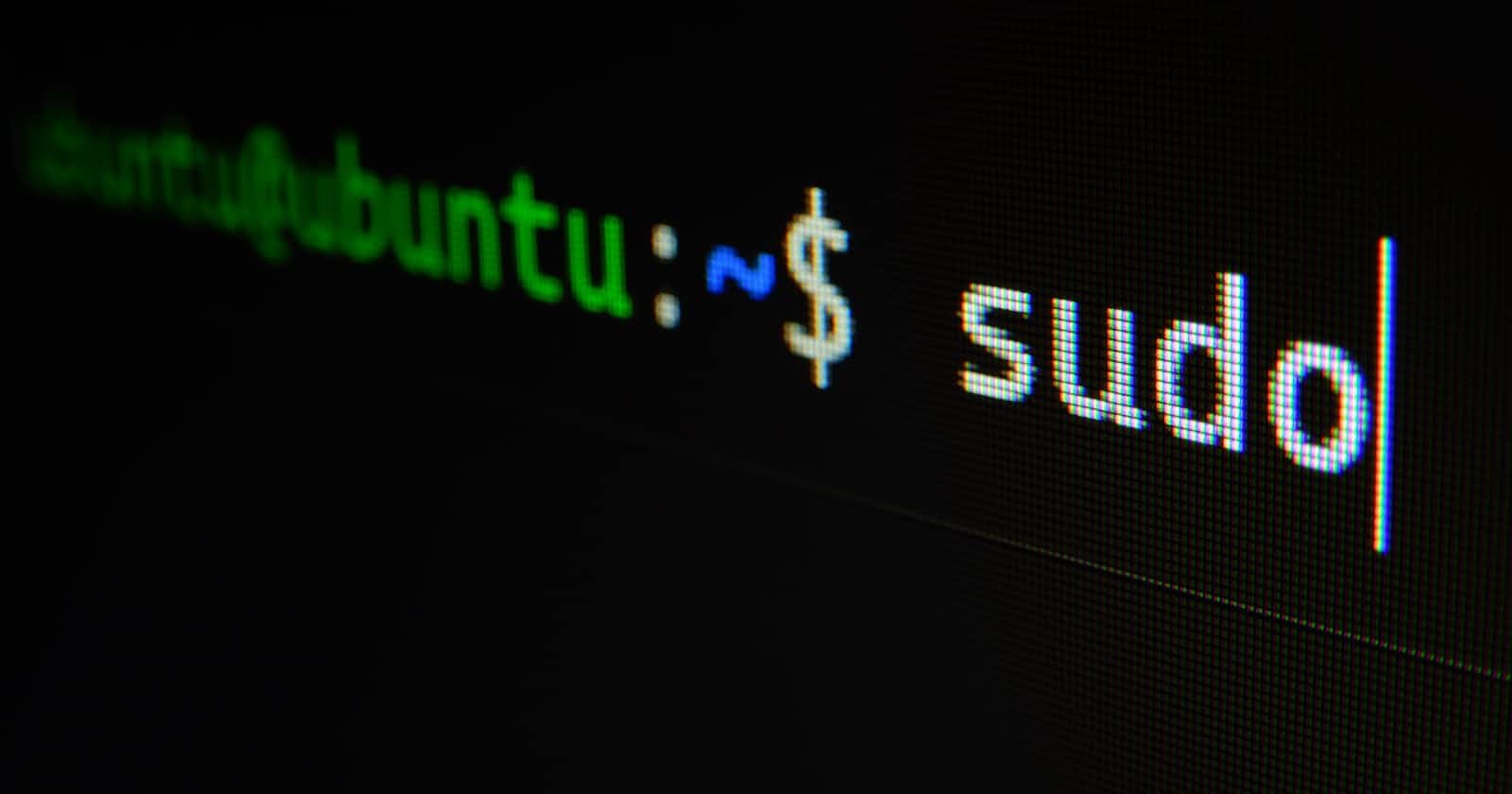Table of contents
No headings in the article.
ls- List files and directoriescd- Change directorymkdir- Make directoryrmdir- Remove directorycp- Copy files or directoriesmv- Move files or directoriesrm- Remove files or directoriestouch- Create an empty file or update timestamp of an existing filecat- Display contents of a filemore- Display contents of a file one page at a timeless- Display contents of a file one page at a time with additional featureshead- Display first few lines of a filetail- Display last few lines of a filegrep- Search for a pattern in a filefind- Search for files or directories with a specified name or patternchmod- Change permissions of a file or directorychown- Change ownership of a file or directoryps- Display information about running processestop- Display system resource usage and processesdf- Display free disk spacedu- Display disk usage of files and directoriestar- Create or extract tar archive fileszip- Create or extract zip archive filesunzip- Extract files from a zip archive filessh- Connect to a remote system over SSH protocolscp- Copy files securely over SSHrsync- Synchronize files and directories between local and remote systemscurl- Transfer data from or to a serverwget- Download files from the internetping- Test connectivity to a network device or servertraceroute- Display the route that network traffic takes to reach a destinationnetstat- Display network connections and statusifconfig- Display network interface configurationroute- Display or manipulate network routing tablespasswd- Change user passworduseradd- Create a new user accountuserdel- Remove a user accountgroupadd- Create a new groupgroupdel- Remove a grouphostname- Display or set the system hostnamedate- Display or set the system date and timecal- Display a calendarwho- Display users currently logged inw- Display information about currently logged in usersuptime- Display system uptimehistory- Display command historysudo- Execute a command as superuserapt-get- Install or update packages on Debian-based systemsyum- Install or update packages on Red Hat-based systemslsblk- Display information about available block devices
These are just some examples of commonly used Linux commands, there are many more commands available that can be used for different purposes.

